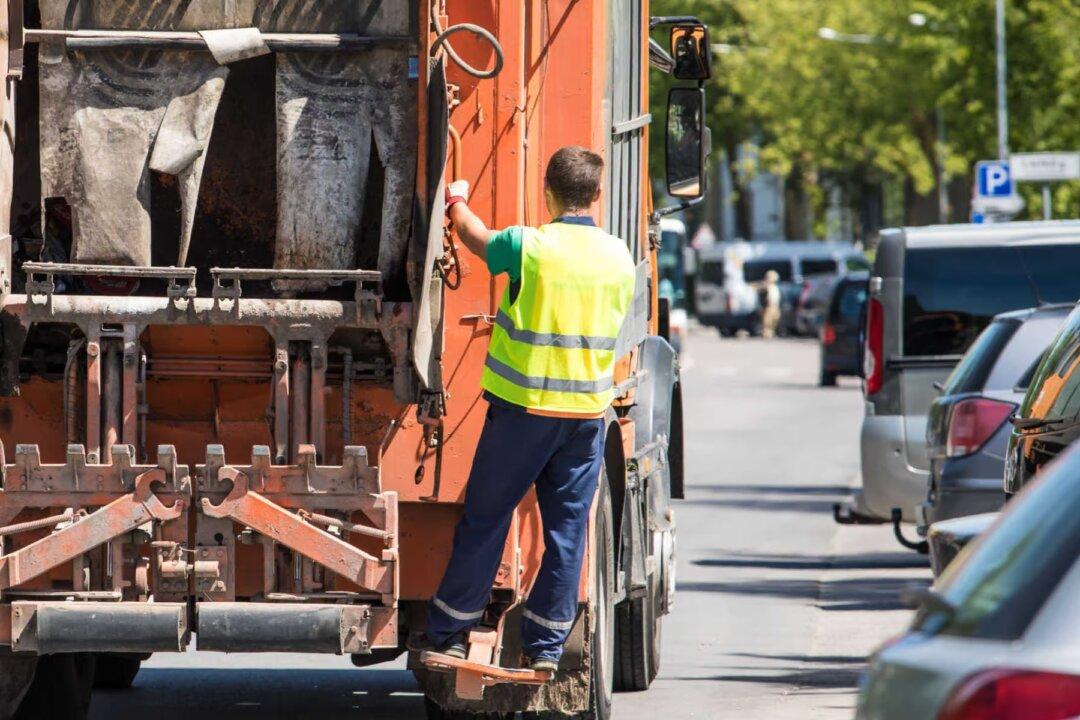Commentary
What do you think of when you think of sanitation? Perhaps the Sanitarian Department, which picks up trash. That’s what American English conveys. It deals with rubbish and refuse in order to dispose of it. Or maybe sanitation brings to mind cleaning something like the bathroom. Still, it’s a bit odd to use the word that way. The household member who cleans the kitchen is not normally called a sanitation person.





